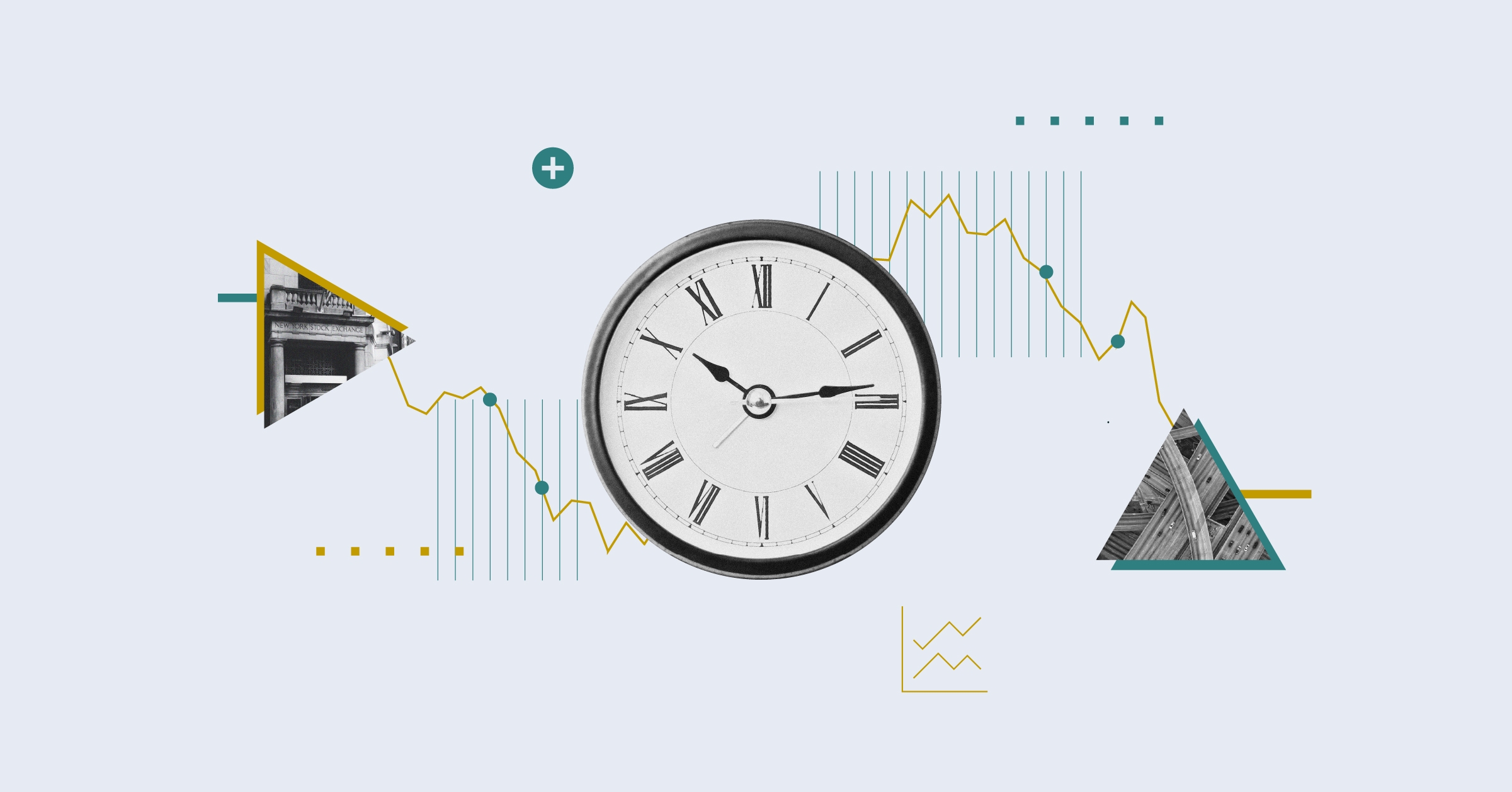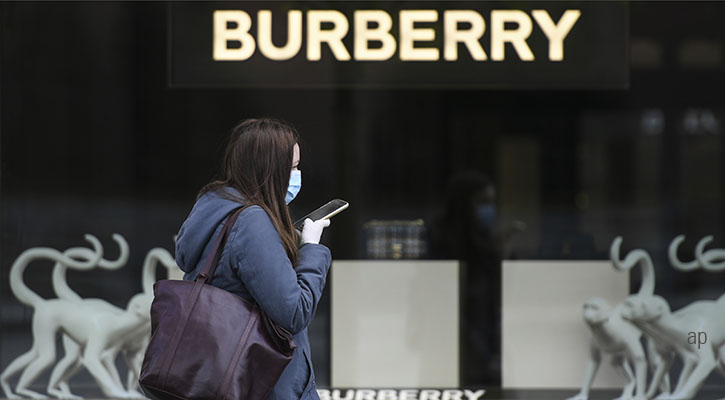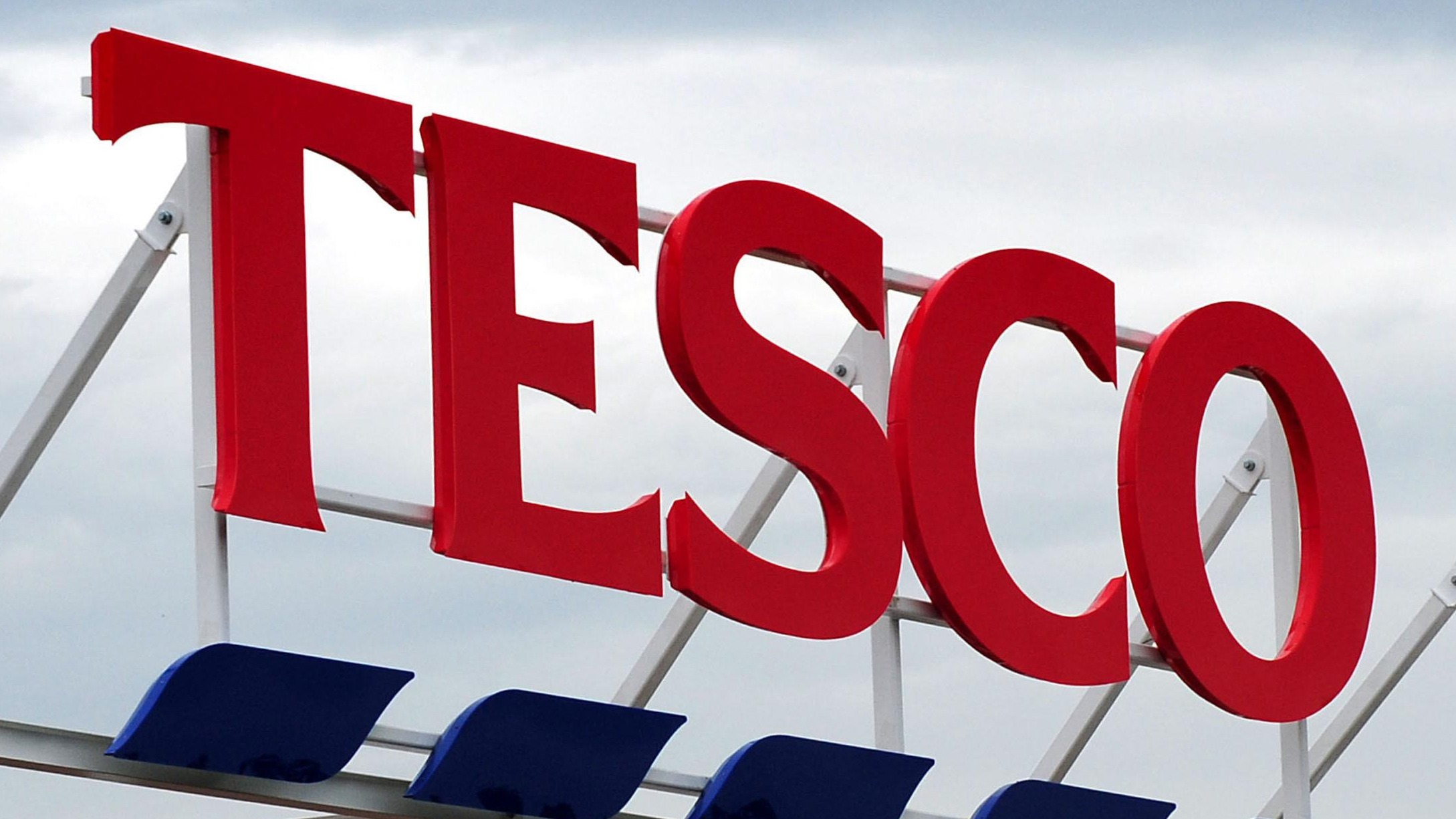Some people's idea of investing in Ireland on St. Patrick's Day may begin and end with Guinness (produced by spirits giant Diageo). But the landscape for investing in Ireland today has more to do with the credit crisis, biotech firms, and multinationals lured by low-tax rates then it does with a knocking back a beer.
Ireland was for years the case study for the success of globalisation, the euro, the European Union, and light taxation. After years of sluggish growth and falling behind the growth of the rest of Europe, by the mid-90s Ireland was beginning to catch up. The stability and low interest rates of the euro, easy access to the common European market, and very low corporate tax rates attracted scores of multinational companies and local startups. This surge of production helped increase Irish gross domestic product by high-single-digit/low-double-digit rates for years, a good deal higher than those of continental Europe.
This sudden growth sport made Ireland particularly susceptible to the global economic downturn. As the rest of the world retreated, Ireland became the case study in the potential perils of globalisation and unbridled speculation. By 2008, GDP was shrinking, and the budget surpluses that the Irish government has been running for years quickly turned to deficits as the tax base shrunk. The government is now extracting some special taxes and cutting public-sector wages in an effort to mitigate the deficit, but the hard times won't end until the world returns to full production and growth.
Affected Firms
One of the first sectors to feel the pain of the recession was the banking system. Irish banks expanded aggressively along with the rest of the country during the upturn to serve the new corporate entrants as well as to support the booming housing industry. However they were ill equipped to deal with the fall in property prices beginning in 2007. As prices fell and the economy stagnated, demand for residential and commercial properties dried up. The country's huge banks such as Bank of Ireland and Allied Irish Banks began to get hit hard as huge swaths of loans became delinquent. As the global crisis intensified, both banks were near the brink and needed massive government bailouts to keep their doors open. Today, Bank of Ireland is in a slightly stronger position because of a larger retail deposit base and smaller exposure to real estate loans, but the eventual outcome for both institutions is far from clear.
One of the more visible companies in the Irish boom is ultra-low-cost air carrier Ryanair.By flying to out-of-the-way, second-tier airports, charging extra fees for everything under the sun, and cutting out any unnecessary perks, Ryanair has led itself to industry-leading profitability. Although the firm got hit hard by declining passenger levels during the recession, its low-cost positioning should help it recover from the downturn faster than peers.
Biotech and pharmaceutical research and other high-tech firms have also been attracted to the Emerald Isle. Icon has quickly risen to the top of the contract research organisation ranks, and Elan Corporation is a leader in neuroscience research. Not to mention the countless international firms that have set up research-and-development and manufacturing operations to leverage Ireland's well-educated workforce.
Ireland is also home to some less glamorous building material companies such as CRH. CRH is a global construction and concrete giant that spans 31 countries that has been on a global acquisition spree for year. It rode the worldwide construction boom and has felt the pain of the subsequent busts. Moves into developing markets, such as China and India, may help bolster growth, but the firm is still very much tied to the broader economic cycle.
The salient point about CRH isn't so much the ups and downs of its business, but how its global statute speaks to the relative attractiveness of Ireland as a business hub. Not only are Irish businesses continuing to expand off the green isle, but other multinational firms are moving their headquarters there. Medical-device maker Covidien moved to Ireland for its low taxes and to avoid uncertainty surrounding tax law in the United States.
Moving Forward
Despite the hangover that Ireland is facing from the credit crisis, many of the same attributes that allowed for its incredible growth are still in place. Taxes will have to rise some to cut the deficit but will likely continue to be much lower than those of other European nations. The EU is likely to remain an attractive market and despite squeamishness over Greek debt, the Euro is likely to remain a stable currency. Ireland might be in a rut for a few years, but its luck likely hasn't run out yet. So even though most Irish firms look to be fully valued right now, it is worth keeping some of these names on your radar screen in case of another pullback in the market.


























